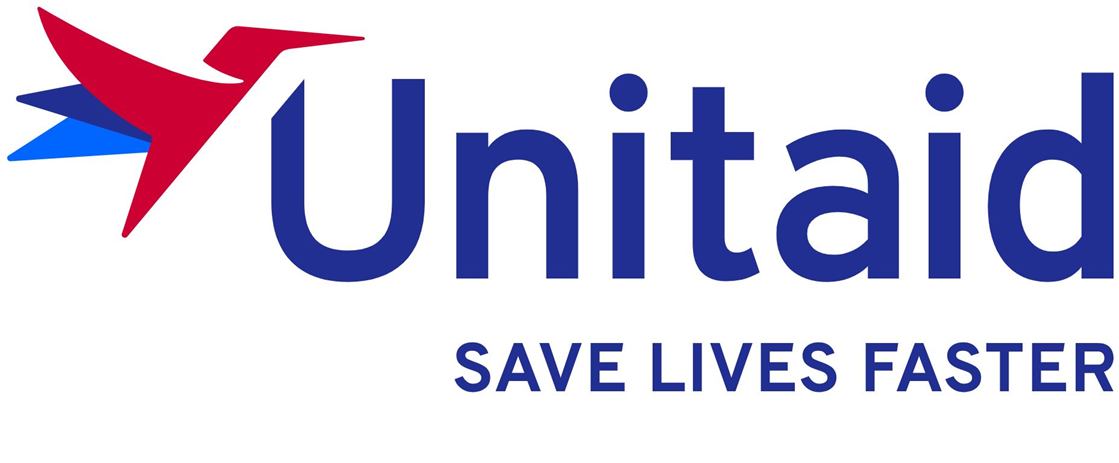Publication: Introducing new and repurposed TB drugs: the endTB experience
In 2015, the initiative Expand New Drug Markets for TB (endTB) began, with the objective of reducing barriers to access to the new and repurposed TB drugs. Here we describe the major implementation challenges encountered in 17 endTB countries. We provide insights on how national TB programmes and other stakeholders can scale-up the programmatic use of new and repurposed TB drugs, while building scientific evidence about their safety and efficacy.




